
War, politics and love, a Triangle at Casablanca
The movie
Casablanca, a vibrant city located on the Atlantic coast of Morocco, serves as the primary backdrop for the iconic film “Casablanca” (1943). During World War II, Casablanca emerged as a crucial hub for refugees fleeing the escalating conflicts in Europe. The city was a melting pot of diverse cultures, filled with a constant influx of displaced individuals seeking safety and a new life.
The war had fundamentally altered the dynamics of the city, transforming it into a crossroads between the wartime chaos of Europe and the relative tranquility of North Africa.
At this time, Morocco was under the control of the Vichy regime, which was established by the pro-German government in France. This political situation added layers of complexity to the environment in Casablanca. The presence of the German military, alongside French officials, created an atmosphere charged with tension and uncertainty.
As a result, the inhabitants of Casablanca, including the characters in the film, navigated a landscape rife with moral dilemmas and competing allegiances. The city’s bars and cafés became not only social gathering places but also crucial venues for espionage and clandestine meetings, embodying the moral ambiguity faced by many characters.
The main Characters
At the heart of the narrative is Rick Blaine, portrayed by Humphrey Bogart. Rick is an enigmatic American expatriate who runs a nightclub in Casablanca, embodying a character shaped by cynicism and heartache. His past relationship with Ilsa Lund significantly influences his actions throughout the film.
Initially, Rick appears indifferent and detached, yet as the story unfolds, his motivations reveal a profound capacity for love and sacrifice.
Ilsa Lund, played by Ingrid Bergman, is the beautiful and determined woman who rekindles Rick’s long-buried feelings. She comes to Casablanca with her husband, Victor Laszlo. Ilsa’s character is multifaceted; she is torn between her love for Rick and her loyalty to Victor.
Her emotional struggle highlights the complexities of romance in the face of war, making her a pivotal figure in the narrative. The subplot of their previous affair adds tension and urgency, symbolizing the broader uncertainties of life during World War II.
Victor Laszlo, portrayed by Paul Henreid, is more than just Ilsa’s husband; he is a symbol of resistance against tyranny. A Czechoslovakian resistance leader, Victor embodies courage and determination. His quest for freedom and his commitment to fighting the Nazis provide a stark contrast to Rick’s initial apathy.
Yet, this contrast serves to illuminate Rick’s eventual transformation from self-interest to selflessness as he acknowledges the importance of purpose over passion.
Lastly, Captain Louis Renault, played by Claude Rains, serves as a complex figure who embodies the ambiguity of loyalty during wartime. As the chief of police in Casablanca, Renault often finds himself caught between his personal biases and professional obligations.
His witty demeanor and shrewd observations offer both comic relief and biting social commentary, enriching the film’s exploration of moral dilemmas.
The Triangle of Love
At the core of Casablanca lies a poignant love triangle that encapsulates the intense emotional conflicts experienced by the central characters: Rick Blaine, Ilsa Lund, and Victor Laszlo.
When Ilsa enters Rick’s bar, the impact is immediate and profound, stirring up memories of their passionate affair. However, her presence also reawakens Rick’s sense of betrayal, leading him to grapple with feelings of love intertwined with resentment.
Rick’s stoic exterior masks a deep vulnerability, setting the stage for a dramatic emotional conflict. This complexity is further amplified by the arrival of Victor Laszlo, Ilsa’s husband, a committed leader in the fight against tyranny. Rick is now torn between his lingering affection for Ilsa and his moral obligation to assist the noble cause that Laszlo represents, thus illustrating the theme of love against duty.
Themes and Messages
One of the most prominent themes is sacrifice. Rick’s decision to help Ilsa and her husband, Victor Laszlo, escape from the oppressive grips of Vichy France exemplifies the essence of selflessness. He places their safety and freedom above his own desires and heartbreak, demonstrating that true love often requires personal sacrifice. This theme invites audiences to reflect on the moral complexities individuals face during times of conflict.
Redemption is another key theme that permeates the film. Rick’s character arc showcases a journey from cynicism to a renewed sense of purpose. Initially, he is an emotionally detached bar owner, but through his interactions with Ilsa and Victor, he regains his sense of integrity and honor. The famous line, “Here’s looking at you, kid,” symbolizes the rekindling of hope and the potential for redemption.
Furthermore, the film encapsulates the essence of heroism. Instead of traditional valor, Casablanca portrays heroism in quiet, everyday actions. Characters like Victor and Rick embody the fight against tyranny, emphasizing courage in the face of overwhelming adversity.
Share this content:






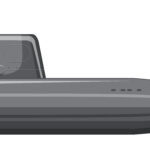

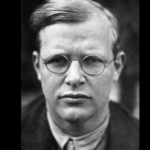




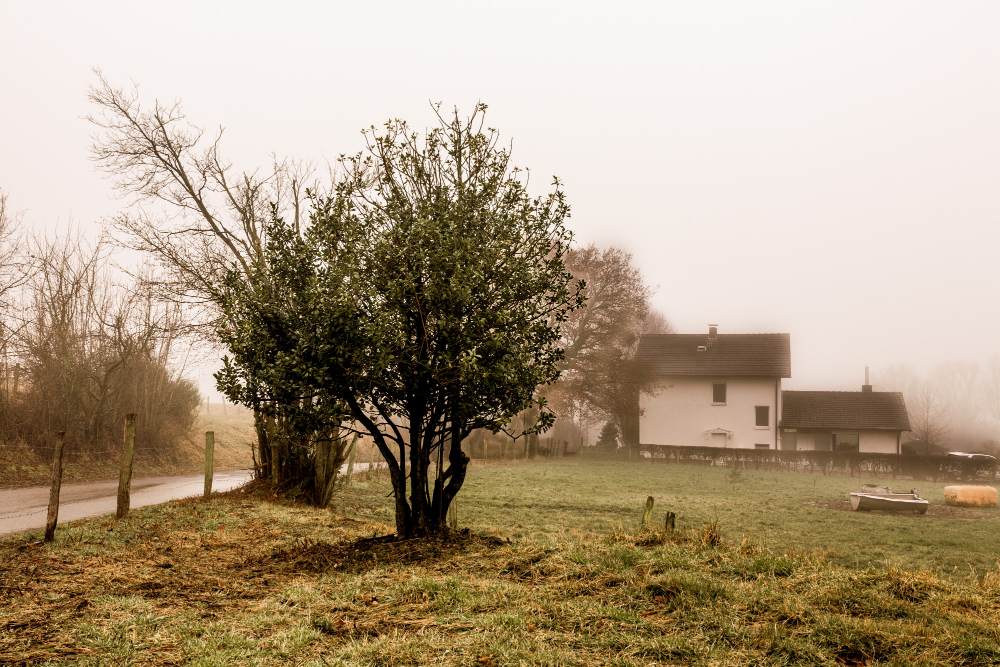


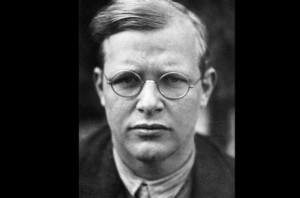

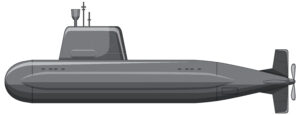






Post Comment